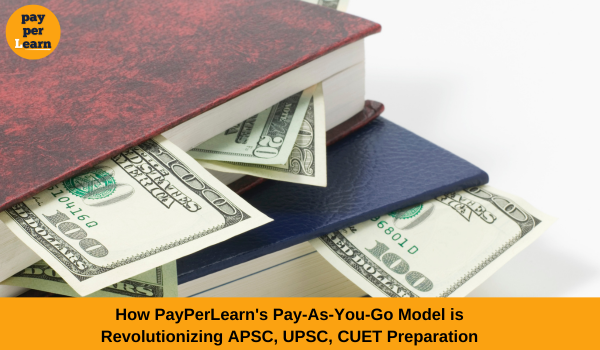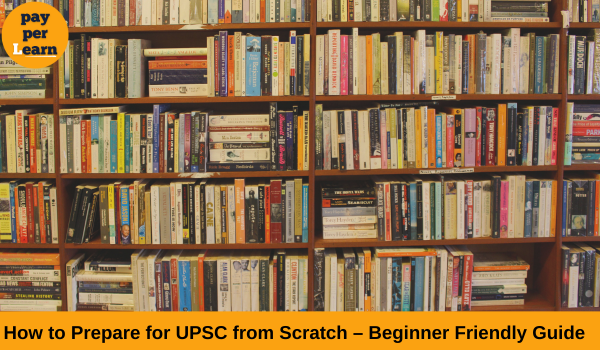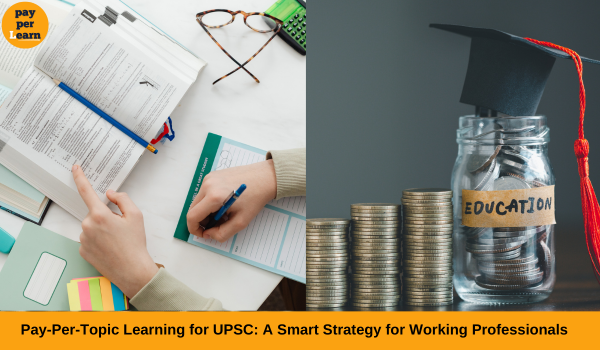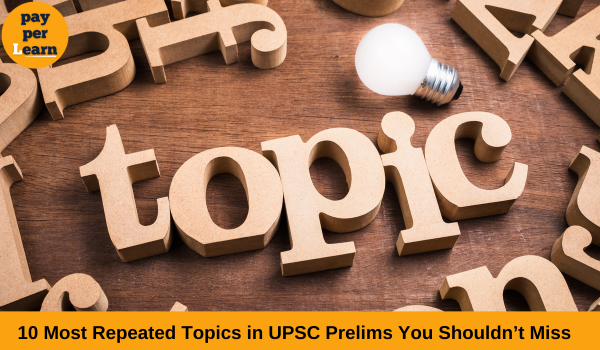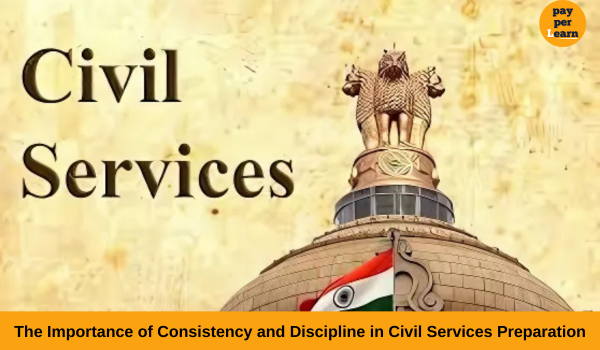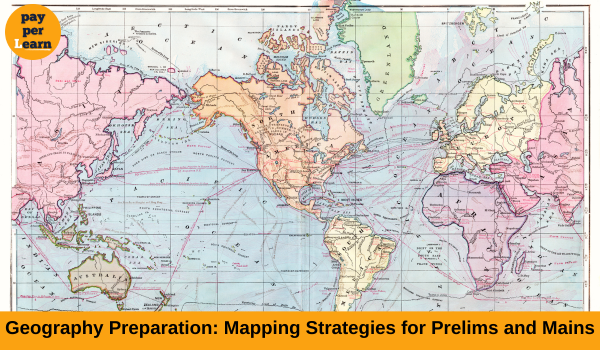Enter PayPerLearn, an innovative platform that is reshaping how students approach these high-stakes exams. Let’s dive into how PayPerLearn’s pay-as-you-go model is creating a new era in education.
How to Prepare for UPSC from Scratch – Beginner Friendly Guide
Preparing for the UPSC Civil Services Examination can feel overwhelming, especially when you’re starting from scratch.
Pay-Per-Topic Learning for UPSC: A Smart Strategy for Working Professionals
It’s not just the time crunch—it’s the mental bandwidth. That’s where Pay-Per-Topic learning for UPSC steps in—especially for aspirants who are short on time but big on dreams.
And no, this is not just another coaching gimmick—it’s an actual strategy reshaping how serious professionals crack UPSC without quitting their jobs.
10 Most Repeated Topics in UPSC Prelims You Shouldn’t Miss
focus on the most repeated topics in UPSC Prelims. Why? Because every year, the UPSC paper throws in familiar concepts with a twist.
Wise UPSC Preparation Plan: What to Study & What to Skip?
UPSC is not just an exam—it’s a journey. A long one. One that demands clarity, consistency, and most importantly, smart planning. The
CUET UG 2025: Exam Pattern, Syllabus & Important Dates
The Common University Entrance Test (CUET) UG 2025 is a pivotal examination for students aiming to secure admission to various undergraduate programs across India. Understanding its exam pattern, syllabus, and important dates is crucial for effective preparation.
Top International Relations Topics for 2025 preparation
In an ever-changing global landscape, staying updated on International Relations is more crucial than ever—especially as we approach 2025.
The Importance of Consistency and Discipline in Civil Services Preparation
Preparing for civil services exams is a challenging journey that requires unwavering consistency and discipline. With thousands of aspirants vying for a limited number of seats, the competition is fierce, and only those who maintain a structured and disciplined approach can achieve success.
How to Effectively Use Newspapers and Magazines for Current Affairs
Newspapers and magazines are invaluable resources that provide reliable, up-to-date information on various topics. In this guide, we will explore practical ways to leverage these resources effectively.
Geography Preparation: Mapping Strategies for Prelims and Mains
Geography is a crucial subject in the preparation for competitive exams like the UPSC Civil Services Examination. It encompasses both static and dynamic components and requires a thorough understanding of concepts, current events, and mapping skills.

